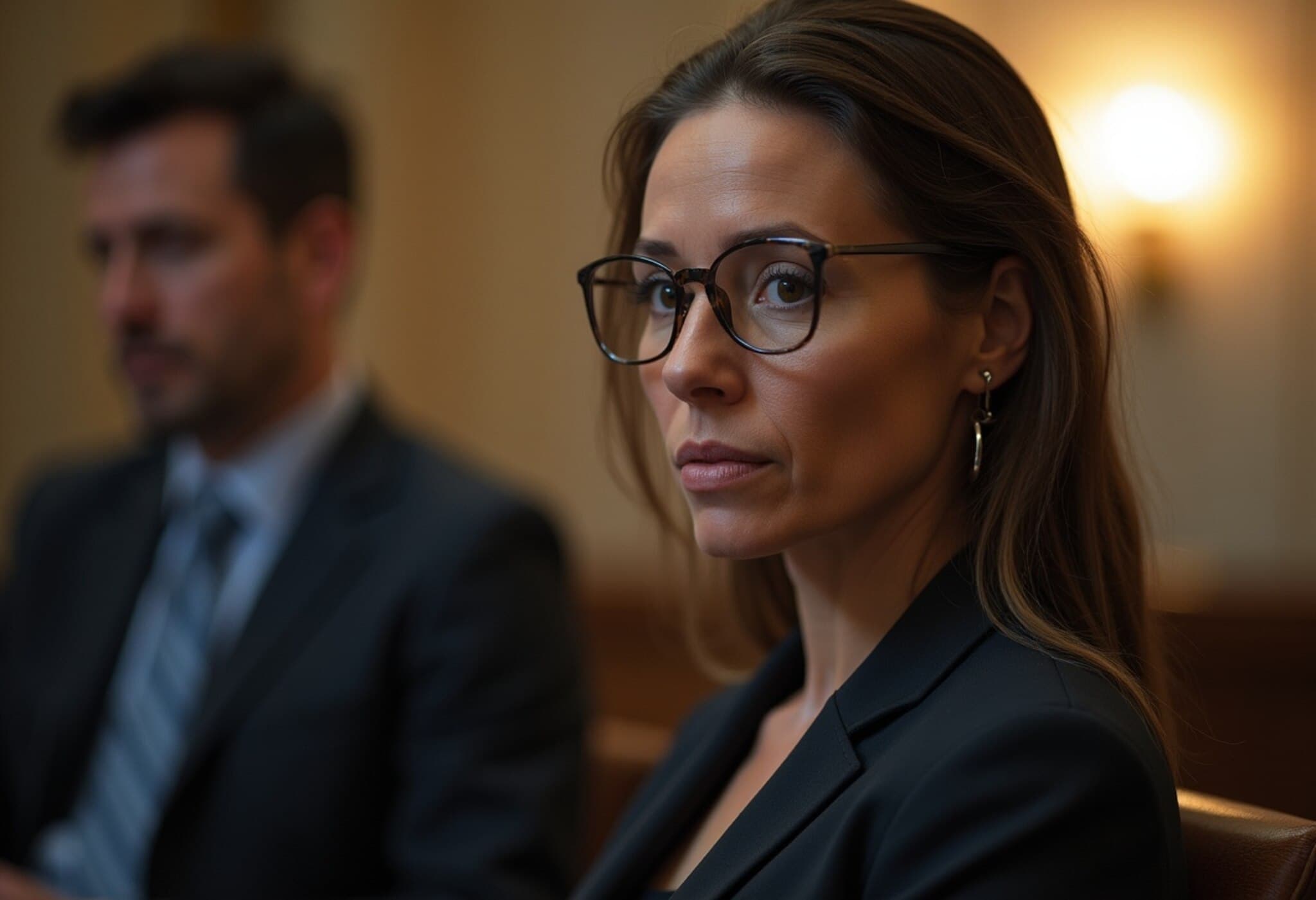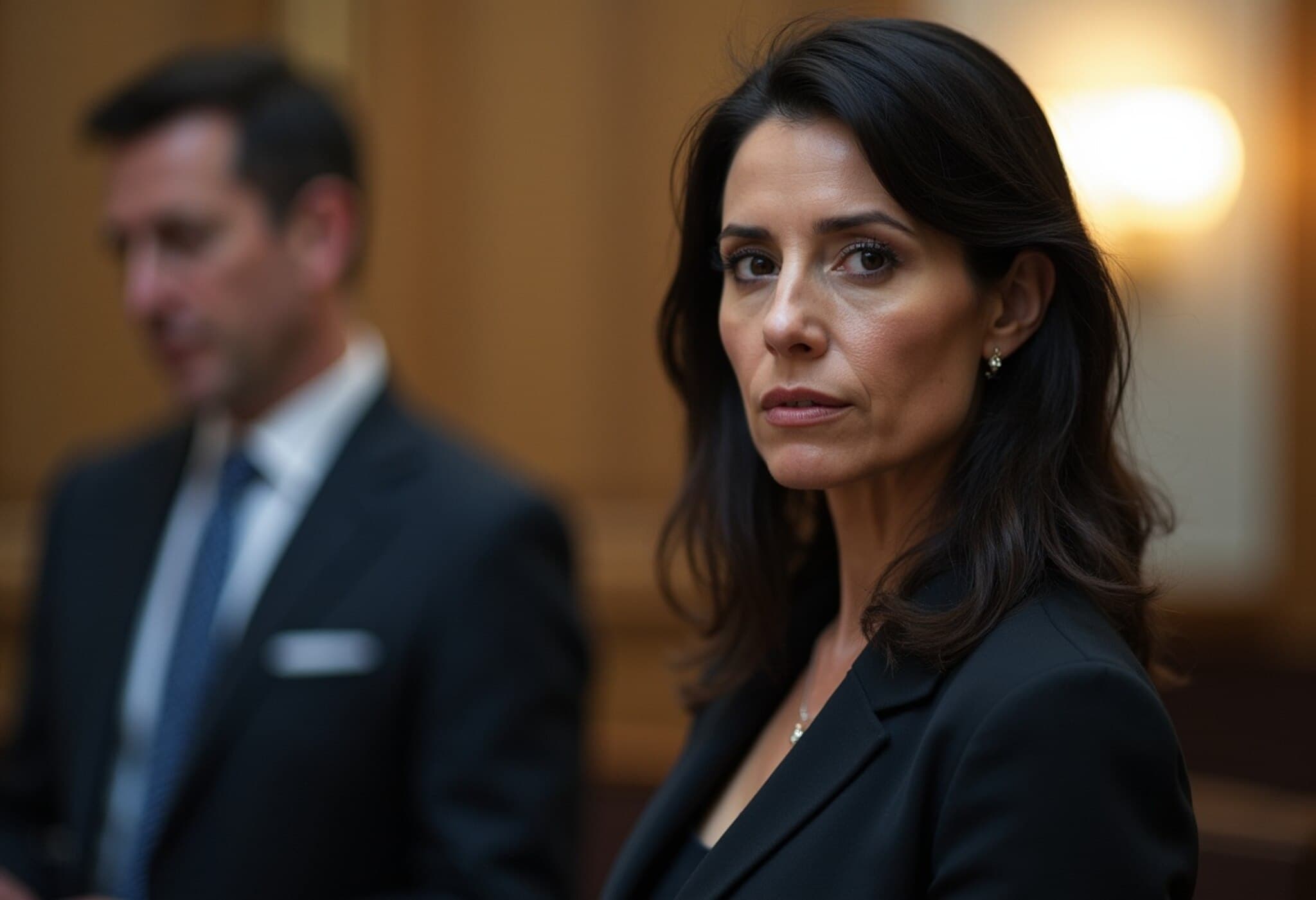Ghislaine Maxwell Moves to Minimum-Security Prison in Texas
Ghislaine Maxwell, the convicted associate of the notorious financier and sex offender Jeffrey Epstein, has been relocated from a federal low-security prison in Florida to a minimum-security federal prison camp in Bryan, Texas. The transfer was officially confirmed by the U.S. Bureau of Prisons on Friday.
Maxwell is currently serving a 20-year sentence for sex trafficking and related offenses. A spokesperson for the Bureau of Prisons stated, "Ghislaine Maxwell is in custody at the Federal Prison Camp Bryan, Texas." The camp, known as FPC Bryan, houses approximately 635 female inmates and is considered a minimum-security facility.
Context and Timing: Political and Legal Implications
Her transfer comes shortly after a significant interview conducted by the U.S. Attorney General Merrick Garland—who has previously served as a lawyer for former President Donald Trump. Maxwell was questioned over two days about details pertaining to the Epstein case, a move that has stirred political debates and public scrutiny.
Attorney General Garland indicated a desire to glean valuable information on individuals potentially involved in crimes against Epstein’s victims. However, the content of Maxwell’s statements remains undisclosed. Maxwell’s lawyer described the interview as "professional," noting that Maxwell responded honestly and thoroughly within the scope of her ability.
This development unfolds amid mounting pressure directed at the current administration regarding the release of Epstein files. Earlier in July 2025, the Department of Justice and FBI jointly announced no further release of investigation documents concerning Epstein, who died in New York prison in 2019 awaiting trial—a surprising reversal from prior presidential assurances promising transparency.
Subpoena and Clemency Requests
In parallel, the House Committee on Oversight and Reform issued a subpoena demanding Maxwell’s deposition testimony. Maxwell’s legal team responded with a conditional willingness to comply, requesting immunity guarantees and advocating for clemency on her behalf. Subsequently, the House indefinitely postponed the deposition, adding another layer of complexity to this unfolding saga.
Simultaneously, Maxwell has petitioned the U.S. Supreme Court to overturn her conviction, which adds to ongoing legal battles extending far beyond her incarceration.
Notable Prison Cohabitants and Facility Insights
FPC Bryan, the facility where Maxwell is now housed, is also home to other high-profile inmates, including Elizabeth Holmes, the former CEO of Theranos serving a life sentence for fraud, and reality TV personality Jen Shah, incarcerated for fraud-related offenses. This convergence of notorious inmates highlights the camp’s role as a minimum-security center for female offenders with significant public attention.
Expert Analysis: What This Means for Justice and Transparency
The relocation of Maxwell to a lower-security facility and her recent interview with federal authorities spotlight broader questions about accountability in high-profile cases involving powerful figures. The continued withholding of Epstein investigation files has frustrated victims’ advocates and fueled calls for greater governmental transparency.
From a legal perspective, Maxwell’s petition to the Supreme Court and conditional cooperation with congressional inquiries reflect a strategic navigation of the justice system—balancing self-preservation with potential opportunities to reshape her legal standing.
Furthermore, the political backdrop, intertwined with former President Trump’s administration connections, invites scrutiny about how partisan interests might influence the handling of Epstein-related investigations and disclosures.
Looking Ahead
As this case unfolds, questions linger on whether new evidence or testimonies from Maxwell could shed further light on Epstein’s extensive criminal network. Additionally, the fate of the much-demanded Epstein files remains a barometer for government transparency and the public’s demand for justice in high-profile sexual abuse scandals.
Editor’s Note
Ghislaine Maxwell’s transfer and ongoing legal maneuvers underscore a delicate intersection of justice, politics, and public accountability. For observers and stakeholders alike, the critical issue isn’t just where Maxwell is held—but whether this chapter will finally unravel the full extent of Epstein’s crimes and protect future victims. It also raises vital questions about how governments balance secrecy with transparency in sensitive, politically charged cases.
As the Epstein saga continues to captivate global attention, staying informed about these developments remains essential for understanding broader challenges in the criminal justice system and victims’ rights advocacy.













